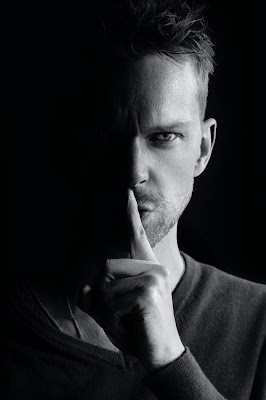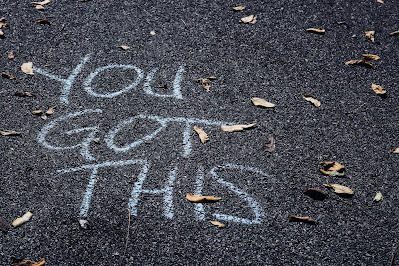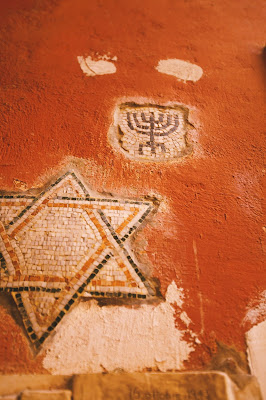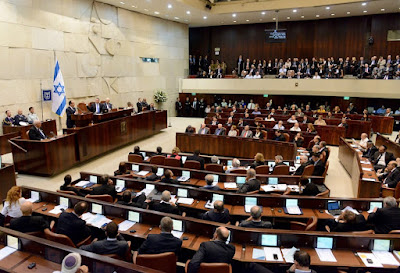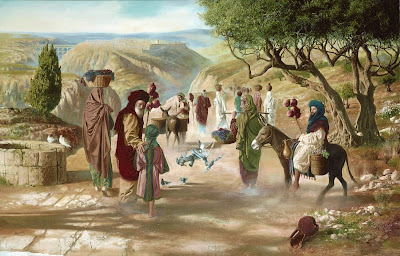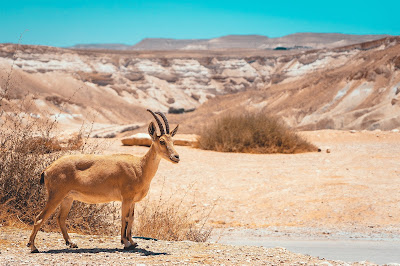by Rav Yehezkel Frankel, yeshiva.org.il, translated by Hillel Fendel
G-d's message to Moshe at the beginning of this week's Torah portion, Va'era, requires our sensitive attention. G-d promises Moshe that He will extricate Israel from Egypt and will redeem them:
"Tell the Children of Israel, I am G-d, and I will take you out… and I will save you… and will redeem you… and will take you unto Me as a nation…" (Sh'mot 6,6-7).
These four verbs are called the "Four Languages of Redemption (Geula)," or the "Four Redemptions" – meaning that each one is a Redemption in and of itself.
A basic precondition for understanding both the situation in which the Israelites found themselves on the eve of the Exodus, and our situation today, is to remember the following words of the Sages: "Like the first redeemer (Moshe), so will be the last redeemer (Mashiach)" (Midrash Kohelet Rabba 1,28). That is, there are basic similarities between our situation in Egypt and ours today, during the final Geula.













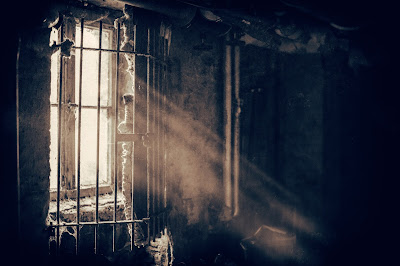



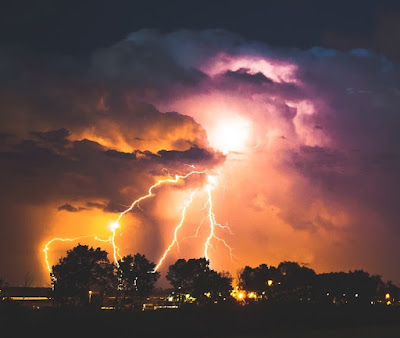

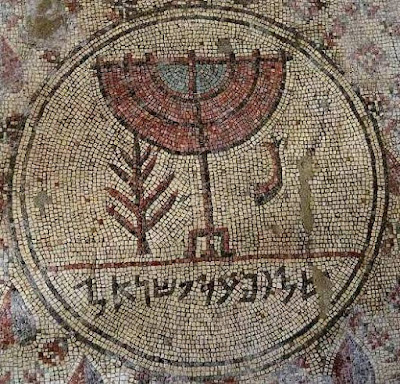

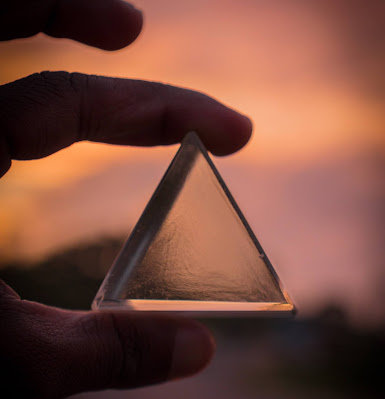

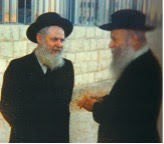




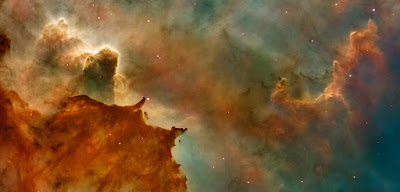
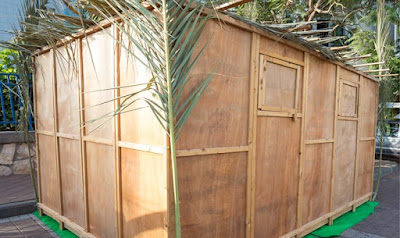
![Etrog [Credit: Esther Wechsler/Unsplash] Etrog [Credit: Esther Wechsler/Unsplash]](https://blogger.googleusercontent.com/img/b/R29vZ2xl/AVvXsEgyTFT1x8a6LJA_J3Z3hg9uaywe6EkBYbBhBBOPT59zSpaQ9WWkyrwsc0grc__oX7n7zF32HqQMCoxsvCqAhzahXvxHIiSlpT2QMpGNh4DqjWgDKVPcADJAwgWXrPvpRwDhVE6-PQ8LDIJs/w400-h266/esther-wechsler-GGmcXlx9byk-unsplash.jpg)
